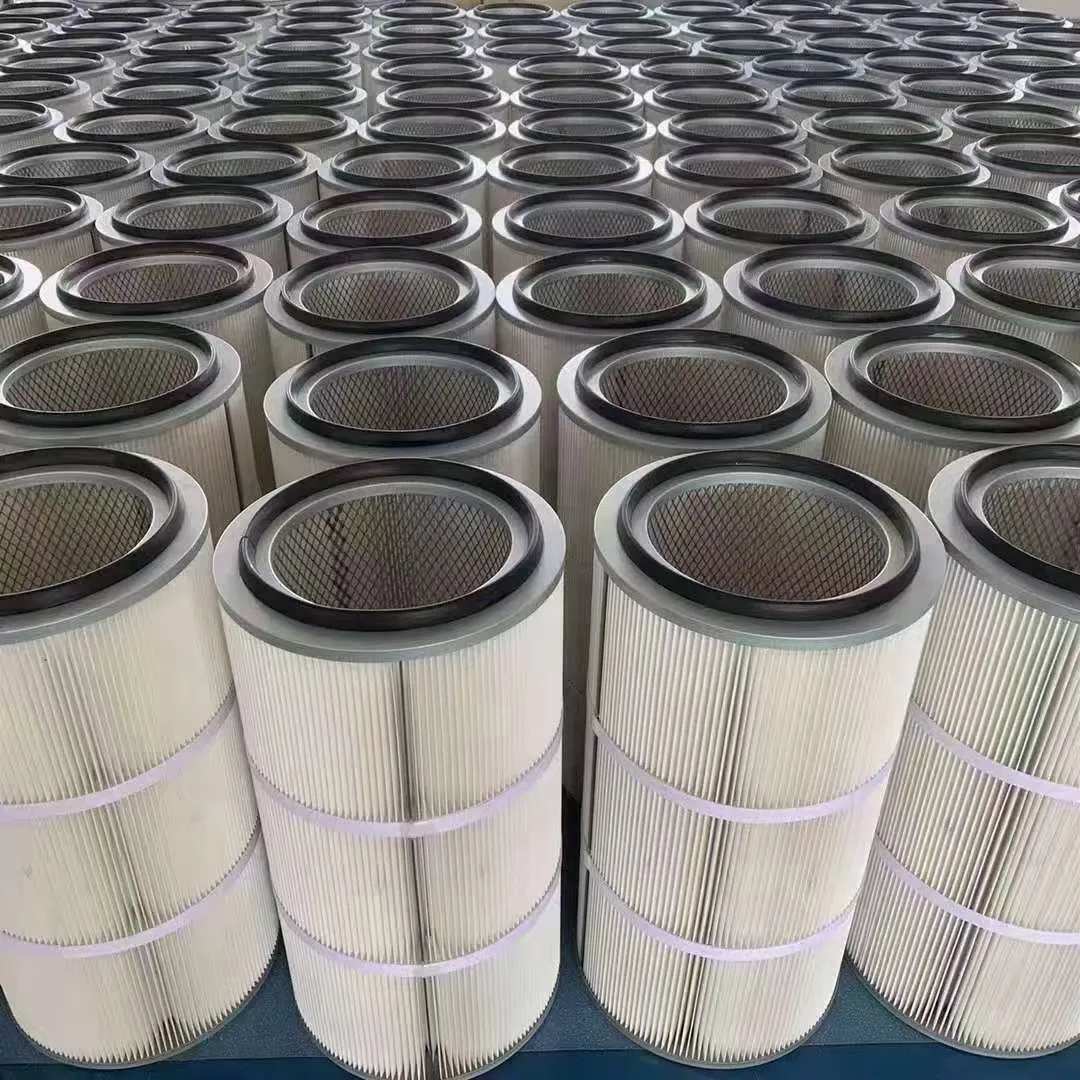 Tel:
+8615930870079
Tel:
+8615930870079
Out . 13, 2024 23:06 Back to list
metal filter element
Understanding Metal Filter Elements A Key Component in Filtration Technology
Filtration technology plays a crucial role across various industries, from automotive to pharmaceuticals, ensuring the purity of air, liquids, and gases. Among the diverse range of filtering solutions, metal filter elements stand out for their durability, heat resistance, and ability to withstand extreme operating conditions. This article delves into the characteristics, advantages, applications, and maintenance of metal filter elements, providing a comprehensive overview of their significance in modern filtration systems.
What are Metal Filter Elements?
Metal filter elements are filtration units typically made from materials such as stainless steel, aluminum, or other alloys. They are designed to remove contaminants from liquids, gases, and even some solid materials through a variety of mechanisms, such as straining, inertial impaction, and electrostatic attraction. These filter elements can come in several forms, including mesh filters, sintered filters, and wire wound filters, each with distinct properties and applications.
Advantages of Metal Filter Elements
1. Durability and Longevity One of the primary benefits of metal filter elements is their robustness. Unlike traditional filters made from paper or fabric, metal filters can withstand significant mechanical stress and temperature variations. They are not easily damaged, which makes them ideal for high-pressure and high-temperature applications.
2. Reusability Metal filter elements can often be cleaned and reused, reducing waste and long-term operational costs. Methods such as backwashing, ultrasonic cleaning, or chemical cleaning can restore their filtering capacity.
3. Resistance to Corrosion Depending on the material used, metal filter elements can provide excellent resistance to corrosive substances. For instance, stainless steel filters are resistant to rust and degradation, making them suitable for applications involving aggressive chemicals or environmental conditions.
4. High Filtration Efficiency Metal filters can achieve high levels of filtration efficiency, capturing particulate matter as small as a few microns. This capability is especially significant in applications requiring stringent cleanliness standards, such as in food and beverage processing or pharmaceuticals.
5. Versatility Metal filter elements are versatile and can be engineered for specific applications. Whether it's a woven mesh for coarse filtration or a sintered design for fine filtration, manufacturers can customize these elements to meet specific flow rates and particle size removal needs.
Applications of Metal Filter Elements
metal filter element

Metal filter elements find applications across a wide spectrum of industries
- Oil and Gas Industry In this sector, metal filters are used to separate solid particles from oil and gas streams, ensuring that machinery operates efficiently and without damage.
- Chemical Processing Metal filter elements play a vital role in removing impurities from chemicals, preventing contamination, and ensuring product quality.
- Food and Beverage These filters help maintain hygiene standards by removing particulate matter from liquids, ensuring safe consumption.
- Pharmaceuticals In drug production, metal filter elements help achieve the necessary purity levels, critical for patient safety.
- Aerospace and Automotive They are employed in systems that require high reliability and performance under extreme conditions, such as fuel filtration and hydraulic fluid systems.
Maintenance of Metal Filter Elements
To maximize the lifespan and efficiency of metal filter elements, proper maintenance is essential. Regular inspections for wear and tear, along with scheduled cleaning, can help maintain optimal filtration performance. Replacements should be carried out as necessary based on the operational context and the manufacturer's guidelines.
Conclusion
Metal filter elements are an essential component in modern filtration systems, offering unparalleled durability, efficiency, and reusability. Their diverse applications across various industries underline their importance in maintaining specific quality and purity standards. As technology continues to evolve, metal filters are likely to play an even more significant role, driving innovations in filtration processes and systems. By understanding their characteristics and advantages, businesses can make informed decisions about their filtration needs, ensuring reliable operations and compliance with industry standards. Whether you are in engineering, manufacturing, or simply seeking efficient filtration solutions, metal filter elements deserve careful consideration in your strategy.
-
Nano Fiber Technology: Revolutionizing Cartridge Dust Collector FiltersNewsAug.06,2025
-
How Activated Carbon Air Cartridges Eliminate OdorsNewsAug.06,2025
-
Dust Filter Cartridge Handling Fine Particulate MatterNewsAug.06,2025
-
Cartridge Dust Collector Filter for Welding Fume ExtractionNewsAug.06,2025
-
Activated Carbon Filter Cartridge Effectiveness Against VOCsNewsAug.06,2025
-
Activated Carbon Air Filter Cartridge Benefits ExplainedNewsAug.06,2025

 Email:
Email:





